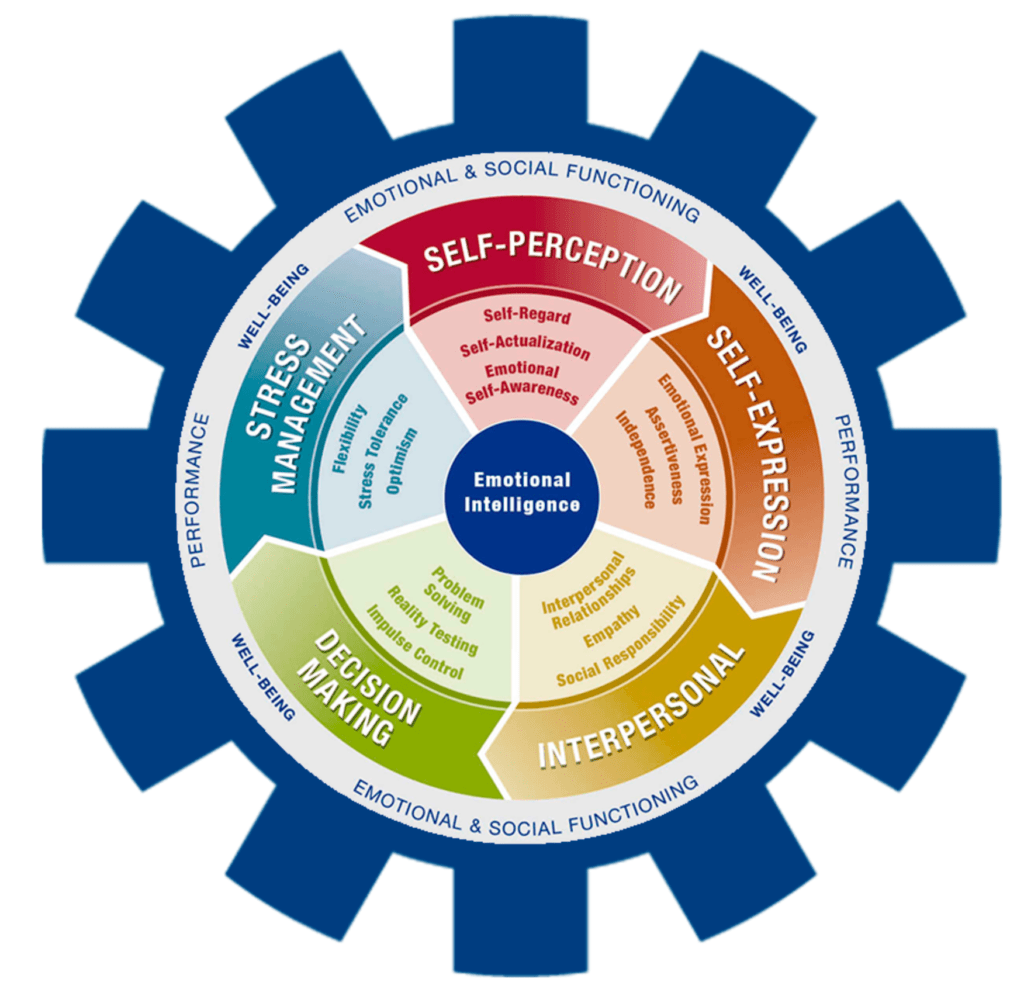EQ is Everywhere — Even at Work.
There are lots of building blocks to leadership, some of them seemingly innate, some learned relatively easily, and some learned the hard way.
Emotional Intelligence is one of those seemingly innate qualities, yet it usually needs to be learned because most people have yet to benefit from understanding it. Your Emotional Quotient (EQ) is a broad measure of your Emotional Intelligence (EI).
The term “emotional intelligence” was coined in a 1990 article published by Peter Salavoy and John Mayer. It was then used by Dan Goleman in his book “Emotional Intelligence: Why It Can Matter More Than IQ” published in 1995.
Today, EQ is used by many successful organizations to improve the quality of their Leaders and their Teams, personal and professional relationships, and profitability across the board.
A Case for EQ — Summary
Situation:
a leading European supplier of McDonald’s wanted to see how EI affected sales performance, and increase sales success by identifying learnable skills that could be applied.
Solution:
data on the sales team’s performance was correlated with EI assessments (EQ).
Results:
a direct correlation existed between EQ scores and sales success, and in particular one EQ skill related to more than 10% of sales success differences in the teams.
Situation
A three-year study was conducted analyzing EI, performance and engagement. Three specific questions were the key focus:
- Is there a correlation between EQ and Sales Performance?
- Were there common EI Competencies amongst Top Sales Performers?
- Was there any predictive conclusions that could be drawn between EI Scores and Sales Success or Burnout?
Solution
Performance data for more than 300 salespeople were correlated with EI assessments. Analysis a correlation between EQ and performance, specific EI competencies common to top performers, and the impact on top performers of their success.
Results
The project revealed specific correlations applicable to each of the three questions.
- EQ and Sales — EQ was related to 16% of the sales performance variation.
- Burnout Risk — top performers had lower well-being scores than low performers.
- Recognizing Patterns — this EQ Skill correlated to a 10% variation in performance.

Conclusion
What can we draw from this comprehensive and yet fairly simple case study?
Top salespeople exhibit some specific competencies that are not present to the same degree in lower performers. While that is hardly ground-breaking, being able to pin this to specific, learnable skills is, because knowing the specific skills that make a difference enables us to focus on that skillset and develop it in our sales teams.
In general, a higher EQ delivers higher sales performance. This is a more general result, but a useful adjunct for applying the EQ approach to sales teams to increase their performance. The study did not show the effect of EQ training on whole teams (including managers and senior executives) but subsequent studies have revealed the added benefit of applying the training across the entire team so Executives and Managers relate better to their teams and encourage better performance more effectively — a compounding effect.
The study did find a downside — top salespeople were more prone to stress and burnout, but this was without the overarching application of EI skills to the whole team. Recent studies have shown that the broader application of EI training to whole teams has a positive effect on enabling top performers to understand the source of their stress and to seek help or to use proven de-stressing techniques to minimize the impact of stress on their jobs and lives. You can see from the diagram that Stress Management is an important factor in EI. A higher EQ means a better ability to manage your own emotions, and stress is one of those emotions.
EI Skills
The five dimensions of EI are broken down into three further segments, each of which constitutes a learnable skill. Well-constructed EI programs identify strengths and weaknesses across this spectrum, and address areas for development while reinforcing strengths. The result is a more rounded and capable individual, working in a more productive team.
In identifying people’s existing skills and areas for development, a tailored program can be delivered to the organization for maximum impact in the shortest time. This impact rounds people so their lives are more fulfilling and their work is more successful. People will thank you for instituting this sort of program and will come back for more.
The case study was very useful in showing the correlation between EQ and performance, and was one of the largest and longest-running studies of the this subject. Clearly, a higher EQ makes a difference, not only to performance, but to well-being too.
We should be armed with the best possible tools and capabilities. Being the best Leaders that we can be, helps us to succeed and helps our Teams to succeed.
Talk to us and learn how your Leadership Development needs will be met.
Click here to learn about our Leadership Foundations Program.



